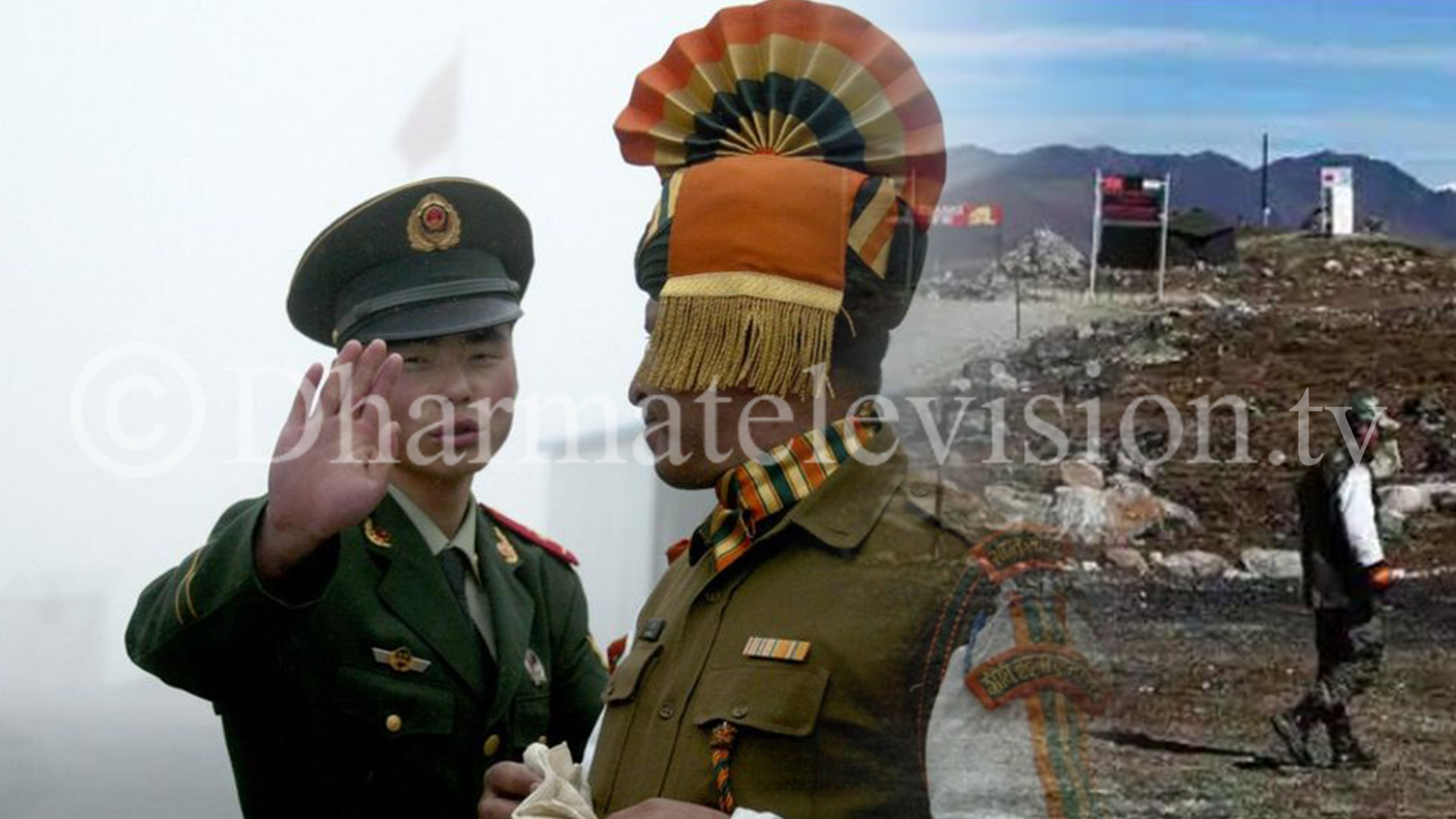4 years ago

India’s decision to develop infrastructure and deployment of troops along the border with China are the root causes of tension, the Chinese foreign ministry said on Tuesday, adding that Beijing is against New Delhi building military facilities close to the disputed boundary.
“For some time, the Indian side has been ramping up infrastructure development along the border and stepping up military deployment that is the root cause for the tensions between the two sides,” foreign ministry spokesperson Zhao Lijian said.
“We urge the Indian side to earnestly implement our consensus and refrain from actions that might escalate the situation and take concrete measures to safeguard peace and tranquility along the border,” Zhao said at the regular ministry press conference.
Zhao was responding to a question on India building all-weather bridges in Ladakh and Arunachal Pradesh that would give access to the disputed boundary.
India’s strengthening of its infrastructure in border areas along the line of actual control (LAC) comes amid the worst border tension with China in decades in eastern Ladakh, where border troops from the two countries have been locked in a faceoff since May.
Several rounds of diplomatic and military-level talks have failed to resolve the situation and disengage troops.
Last week, defence minister Rajnath Singh inaugurated 44 bridges built by the army’s Border Roads Organisation (BRO), among the 102 bridges that it is building.
An Indian official told the Hindustan Times in New Delhi that 30 of the 44 bridges commissioned are on the route to the LAC from Ladakh to Arunachal Pradesh.
Zhao reiterated Beijing’s views on both the Indian regions.
“First, I want to make it clear that China does not recognise the Ladakh Union Territory illegally set up by the Indian side and Arunachal Pradesh,” Zhao said.
“We stand against the development of infrastructure facilities aimed at military contention along the border area. Based on the two sides’ consensus, neither should take actions along the border that might escalate the situation that is to avoid undermining the two sides’ efforts to ease the situation,” Zhao added.
While China claims Arunachal Pradesh as part of “south Tibet”, it had reacted strongly after India divested the erstwhile state of Jammu and Kashmir of the special status under Article 370 of the Constitution and decided in August 2019 to bifurcate it into Union territories – J&K and Ladakh.
“China has always opposed India’s inclusion of Chinese territory in India’s administrative jurisdiction in the western part of the Sino-Indian border. This position is firm, consistent and has never changed,” the foreign ministry had said in a statement.
China continues to hold a grudge over the change of Ladakh’s status despite the explanation given by India that the change would not impact the LAC.
During his visit to Beijing last year, external affairs minister S Jaishankar had told his Chinese counterpart Wang Yi that there was no implication of the change “for either the external boundaries of India or the Line of Actual Control (LAC) with China. India was not raising any additional territorial claims.”
“The legislative measures were aimed at promoting better governance and socio-economic development,” he had said, referring to J&K.